HVAC (Heating, Ventilation, and Air Conditioning) systems are integral components of buildings, providing essential climate control for optimal comfort. In Lexington, KY, where weather conditions can range from chilly winters to humid summers. A reliable HVAC Lexington system is crucial for maintaining a pleasant indoor environment year-round. These systems typically consist of heating elements, such as furnaces or heat pumps, ventilation components like ductwork and air filters, and air conditioning units that cool and dehumidify the indoor air. In a city like Lexington, the choice of an HVAC system is especially important due to the diverse climate, necessitating systems that can efficiently handle both heating and cooling demands with a keen focus on humidity control.
Choosing the right HVAC system in Lexington involves considering factors unique to the area, such as temperature fluctuations and humidity levels. Professional HVAC services in Lexington KY, play a vital role in guiding residents and businesses to select systems tailored to their specific needs. Whether it’s upgrading an existing system for improved energy efficiency or installing a new system to adapt to the local climate, HVAC professionals in Lexington ensure that buildings are equipped with reliable and effective solutions to combat the challenges posed by the region’s varying weather conditions.
Heating, Ventilation, and Air Conditioning (HVAC) systems play a crucial role in maintaining indoor comfort, especially in regions with varying climates like Lexington, KY. This article aims to shed light on the fundamentals of HVAC systems, their components, and how they work to create a pleasant and controlled environment.
Definition of HVAC System:
HVAC stands for Heating, Ventilation, and Air Conditioning. It’s a comprehensive system designed to regulate indoor temperature, humidity, and air quality in residential, commercial, and industrial buildings.
Components of HVAC Systems:
-
- Heating:
- Furnaces: Commonly powered by gas or electricity, furnaces generate heat to warm the air.
- Heat Pumps: Transfer heat between the indoor and outdoor environments to provide both heating and cooling.
- Ventilation:
- Ductwork: Channels that distribute air throughout the building.
- Air Filters: Remove impurities from the air, enhancing indoor air quality.
- Fans: Promote air circulation, ensuring fresh air exchange.
- Air Conditioning:
- Air Conditioners: Remove heat from indoor air, cooling it down.
- Evaporator Coils: Absorb heat from the air.
- Refrigerant: Substance circulating through the system, facilitating heat exchange.
- Heating:
How HVAC Systems Work:
-
- Heating Process:
- The furnace or heat pump generates heat.
- Air is drawn in, heated, and distributed through the ductwork.
- Ventilation Process:
- Fans circulate air, maintaining proper ventilation.
- Air filters capture dust, allergens, and contaminants.
- Air Conditioning Process:
- The air conditioner extracts heat from indoor air.
- Heat is transferred outdoors, and cooled air is circulated inside.
- Heating Process:
Efficiency and Energy Conservation:
-
- Regular maintenance ensures optimal system performance.
- Upgrading to energy-efficient models reduces energy consumption.
HVAC in Lexington, KY:
-
- Considering the region’s climate, where temperatures can vary widely, HVAC systems are essential for year-round comfort.
- Humidity control is crucial, and HVAC systems in Lexington often include features to address this.
Choosing the Right HVAC System:
-
- Factors such as building size, insulation, and local climate impact system selection.
- Consulting with HVAC professionals helps determine the most suitable system for specific needs.
Frequently Asked Questions:
- What is the purpose of HVAC?
HVAC is an acronym that stands for Heating, Ventilation, and Air Conditioning. The term HVAC is used to describe a complete home comfort system that can be used to heat and cool your home, as well as provide improved indoor air quality. - Why is HVAC beneficial?
Having a HVAC system installed at home or office can improve the quality of air you breathe while indoors. A HVAC system does this by continuously exchanging your indoor air with fresh, filtered outdoor air. They help conserve energy. - What is HVAC useful life?
In general, most HVAC systems will last 15 to 25 years, but depending on the type of system and other contributing factors, that estimate can be highly variable. Even with HVAC maintenance and regular repairs, eventually, even the best boilers, furnaces, heat pumps, and air conditioners today will run their course.
Conclusion:
Understanding the intricacies of HVAC Lexington systems is pivotal for creating a comfortable indoor environment, especially in regions like Lexington, KY. Whether it’s the bitter cold of winter or the sweltering heat of summer, a well-maintained and efficient HVAC system ensures optimal comfort year-round.


Recent Comments